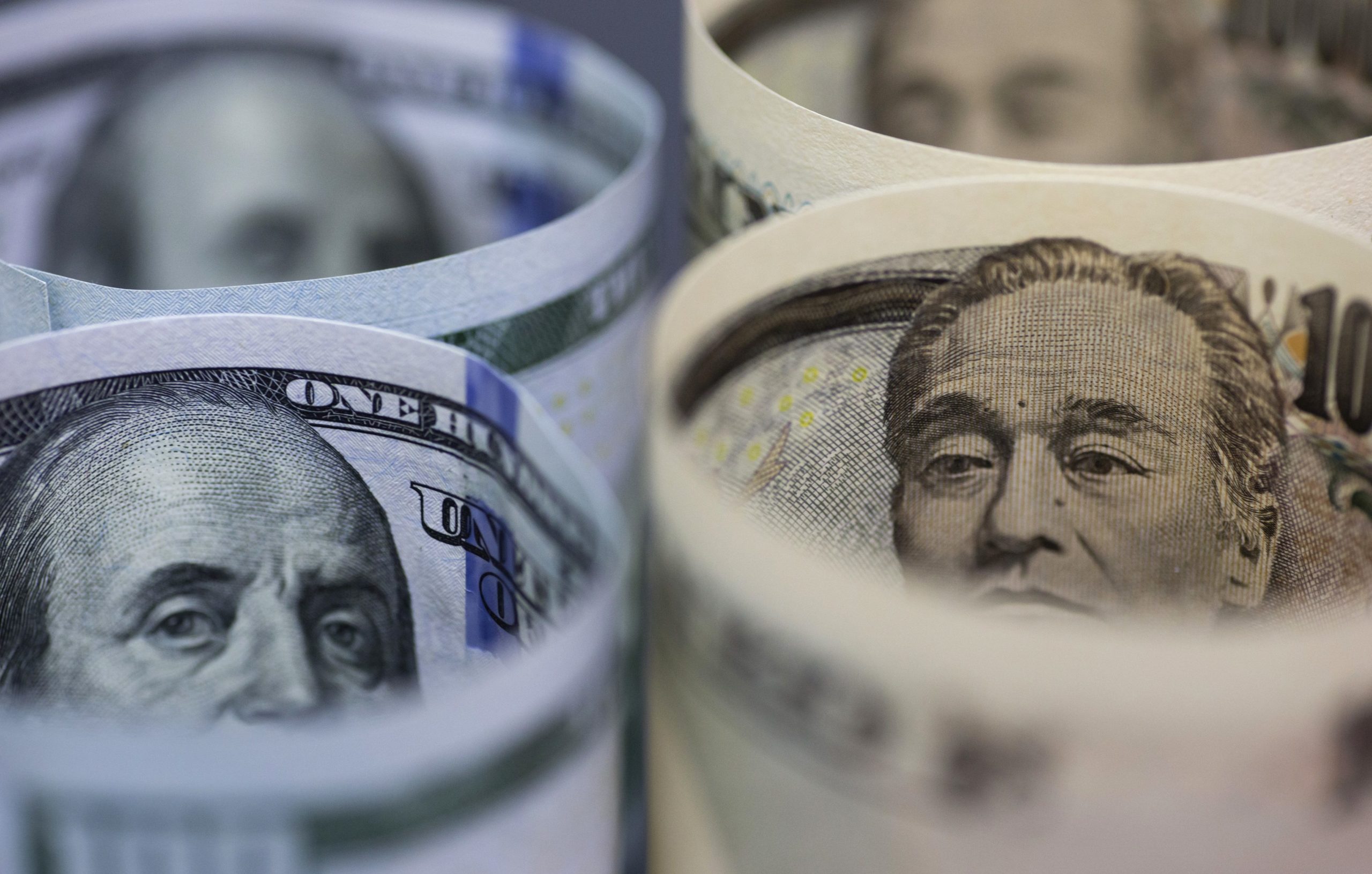- Euro Falls Below $1.16 as Italy’s Budget Seen as Defying EU
The euro slipped below $1.16 on Friday for the first time in two weeks after Italy’s government agreed a budget seen by some investors as defying Brussels.
Political wrangling over the budget in heavily indebted Italy has put a lid on a recent revival in the euro’s fortunes against the dollar.
The single currency recorded its biggest one-day decline for nearly two months on Thursday as the battle over fiscal policy intensified in the euro zone’s third largest economy.
Financial markets are nervous that the Italian government’s spending plans will boost Italy’s debt, which is already the second highest in the euro zone as a share of economic output after Greece, near 131 percent of gross domestic product (GDP).
The government is targeting a budget deficit at 2.4 percent of GDP, inside the 3 percent ceiling prescribed by EU rules.
Some traders were caught off guard by the euro’s move.
“It does come as a surprise that the euro exchange rates suddenly react in such a pronounced manner to fiscal factors,” Commerzbank FX strategist Ulrich Leuchtmann said.
“But market participants are now hoping for a normalisation of European Central Bank interest rates … and that is why the euro is generally still quite strong,” he said.
ECB chief Mario Draghi said this week he sees a vigorous pick-up in euro zone inflation.
Inflation in the 19 countries sharing the euro rose this month but measures of underlying price pressures dipped unexpectedly, data showed on Friday.
That is likely to fuel concern at the ECB as it prepares to curb stimulus.
Despite a widening in Italian swap spreads, the Italian budget debate remains a headwind for the euro rather than a force actively dragging it down, analysts said.
“It looks like we are going to have a bit of scrap between Italy and the [EU] Commission. For a long time we’ve had relative calm and now Italy is again raising the spectre of differences within the European project,” Aviva Investors senior economist Stewart Robertson said.
The euro on Friday fell half a percent to $1.1582 after slumping almost 0.9 percent overnight. Versus the Swiss franc it fell 0.8 percent to trade at 1.1281.
The dollar remained buoyant.
It advanced against the British pound and the Swiss franc, and rose to a nine-month high versus the Japanese yen after data on Thursday reinforced upbeat views about the U.S. economy and a recent Federal Reserve hike.
The dollar index against a basket of six major currencies rose to 95.239, its highest since Sept. 12. The index has gained 1 percent this week.
“The broad rally by the dollar has also been helped by seasonal factors, as it has coincided with U.S. investors bringing funds back home for the month’s end,” Daiwa Securities senior forex strategist Yukio Ishizuki said.
The pound fell 0.2 percent to trade at $1.3035, an 11-day low, after data showed that British companies had cut their investment in the second quarter of 2018.
The Swiss franc stayed near a one-month low of 0.9782 per dollar, a level brushed overnight when it tumbled more than 1 percent.
The Australian dollar edged up 0.1 percent to $0.7212 after losing 0.7 percent on Thursday.


 Forex3 weeks ago
Forex3 weeks ago
 Naira2 weeks ago
Naira2 weeks ago
 Billionaire Watch2 weeks ago
Billionaire Watch2 weeks ago



 Naira3 weeks ago
Naira3 weeks ago






 Naira2 weeks ago
Naira2 weeks ago




 Naira1 week ago
Naira1 week ago




 Naira4 weeks ago
Naira4 weeks ago






 Naira1 week ago
Naira1 week ago



















